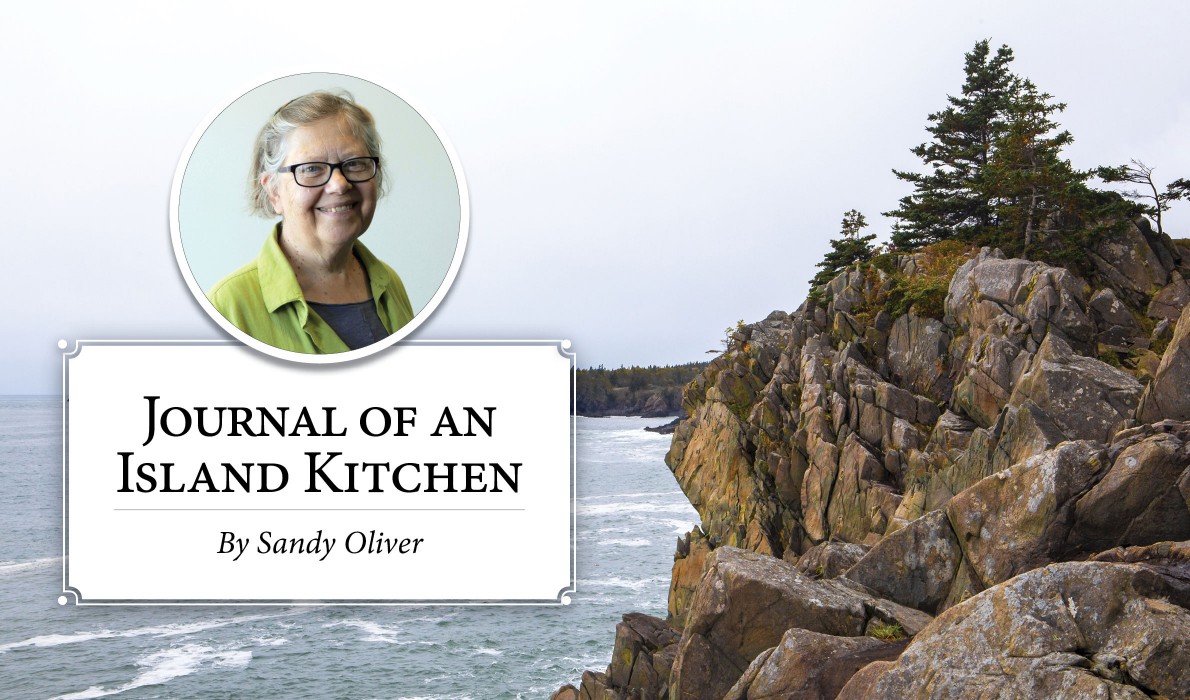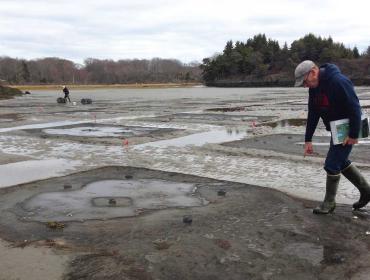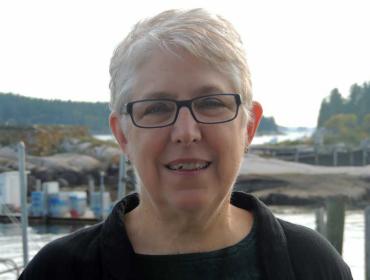Posted September 17, 2020
Last modified September 17, 2020
By Sandy Oliver
It turns out that the Maine coast and Bali have something major in common. We each depend on tourism as a primary source of income, and economically the pandemic has hurt both of us badly. In the U.S., Maine is first in its economic losses, with Vermont and Nevada as the other two of the three hardest-hit states.
A headline in the New York Times a few days ago caught my eye: “With Tourists Gone, Bali Workers Return to Farms and Fishing.” That is, subsistence farming and fishing. It’s going to be a heck of a lot harder for Maine coastal dwellers and islanders to do that because we left our farms a century or more ago and forgot how to dig clams (if we could even find any) to feed ourselves.
One Balinese woman who worked with tourists as a masseuse and yoga teacher is now back in her home village, picking cloves. Obviously, returning to traditional life-ways doesn’t pay the way tourist industry jobs do, but she observed that, more or less, it beats starving. It helps her older parents to have her around.
“I feel serene,” she said about picking cloves. “Having this activity calms my mind.” Weeding the garden does that for me and I know it does for many others of us.
Apparently, some Balinese community leaders were alarmed at the exodus of young people to urban settings and tourism, concerned about older populations left behind, and formerly productive farms left fallow are welcoming the returning population. How many of our islands have you heard bemoan the loss of young people? Our island has been doing what it can to lure them back here to raise their children, fill the jobs that can’t be off-shored.
Tourism, it seems, is a slender reed on which to rest an economy. And when push comes to a really hard shove like the one dished by the pandemic, we find out what is really necessary and important. Besides health care, especially attending to our very old, and teaching and nurturing our young, we need food and shelter.
One of our island builders who hires island and mainland carpenters, turned themselves inside out to keep crews healthy and working, setting up systems that kept the workers safe on ferry trips and separate on the job so that no one lost a living or caught the disease. Of course, being Islesboro, not all construction is absolutely necessary for human shelter, but you get my point.
Elsewhere in Maine and New England, we have terrific examples of businesses—food businesses—that absolutely thrived in the pandemic. King Arthur Flour, an employee-owned company based in Vermont, experienced hundreds-fold percentage increases of business during the quarantine phases in the Northeast when people baked at home instead of going out to buy.
And in Skowhegan, Maine Grains employs locals and grinds locally obtained grains. The food chain to Maine Grains is short and so is stronger. And even when it is not a dire situation like a pandemic, smaller businesses like artisanal breweries, cheese making operations, and local bread bakers support their communities by not employing big robotic machines like huge producers do, but rather humans who need work. Labor saving devices seem silly with high unemployment.
Plus, those businesses call for products and equipment we could produce locally. Flour comes in paper bags with printing on them; and companies need accountants, people to communicate with potential customers, and keep the equipment running, all work for other professions. So it would go for someone raising lettuce, making cider, or keeping hens for eggs.
In times like this, we need jobs that don’t rely on vacationers buying T-shirts or lobster themed tchotchkes. More of us need time to garden, and can, pickle, freeze, and store away food instead of making beds, cleaning bathrooms, and waiting on table for thousands of people from away, particularly when we feel anxious about catching an invisible virus that might travel in with them. (Never mind that there are almost never enough of us to do those jobs, anyway.)
We all need to do real sustainable things right now. I’m heading out to pick blueberries since we don’t have cloves.
Sandy Oliver is a food historian who lives, gardens, cooks, and writes on Islesboro.

Contributed by




